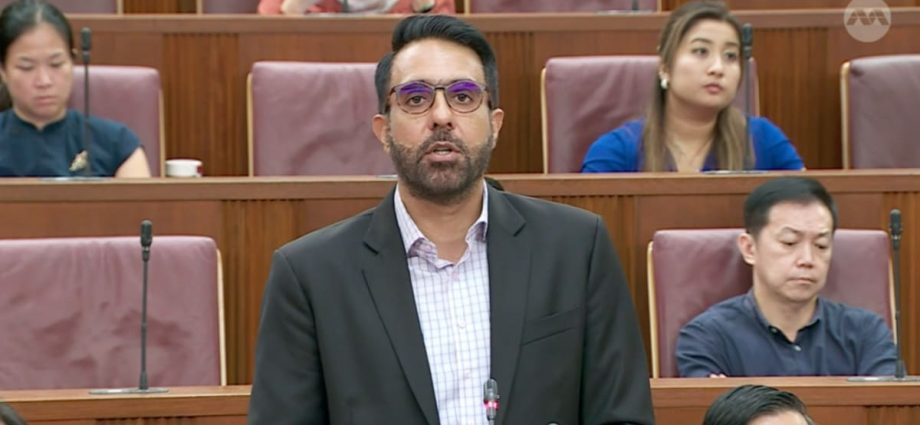
REDACT INFO THAT COULD HARM NATIONAL SECURITY
On Monday, Mr Singh noted that the White Paper was not an original document.
He said it attempted to “synthesise and make sense of the breadth of perspectives gathered, weave them together with the known data and facts, and offer as balanced and objective an account as possible” of the government’s COVID-19 response.
While the White Paper acknowledged some shortcomings in the government’s response, Singaporeans do not know what was excluded from the original reports and reviews leading to the final report by the Prime Minister’s Office, said Mr Singh.
“Presumably, Mr Peter Ho submitted a more comprehensive after-action review report to the government,” he told the House.
“Can that report be made public to Parliament, so that MPs and Singaporeans can better understand the breadth of perspectives gathered, the known data and facts, and draw their own conclusions?”
He also suggested that any confidential information that could harm national security be redacted from the report.
Publishing the original report “would be consistent with the spirit of the motion, which seeks to affirm the government’s effort to learn from the experiences of the last three years”, Mr Singh said.
Mr Perera concurred with Mr Singh’s call to publish the original report for “greater transparency and a fuller and better-informed public debate on what should be the lessons we learn”.
He told Parliament that the COVID-19 White Paper appeared to be a public communications document, and stood “in stark contrast” to a paper published in 2010 by academics on Singapore’s response to the H1N1 virus.
“No doubt that was an academic paper rather than a government white paper, but that paper seems at the very least more detailed and, if I may, more clinical in how it marshals facts and uses them to build conclusions,” Mr Perera said.
“That paper was also authored by independent academics who drew on interviews with MOH (Ministry of Health) and other officials but did not represent the views of MOH. And it has a much fuller methodological note.”

